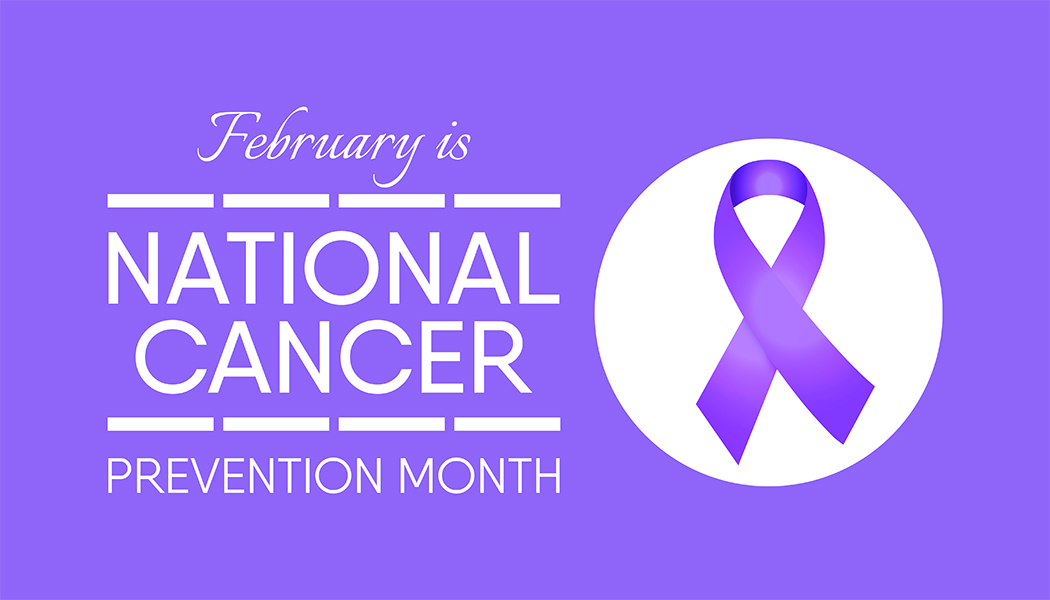Myths & Misconceptions: What You Need to Know During Cancer Prevention Month

This month we’re dedicating to dispelling cancer myths related to cancer prevention.
Ranking as the number one cause of death worldwide, cancer is one of the most frightening diseases in the world today. The deadly disease can affect nearly any part in the body with each type of cancer presenting different symptoms. Researchers have discovered many treatment options for cancer patients; however, the disease continues to claim hundreds of thousands of lives each year. In addition to treatment options, however, researchers have found many ways to reduce one’s risk of developing cancer. With cancer having been under the microscope for centuries, a myriad of studies have been conducted to identify associated risk factors. Some, such as the association between tobacco smoke and lung cancer, have strong evidence supporting the findings. Unfortunately, not all claims have been as strongly supported. In honor of National Cancer Prevention Month, the National Foundation for Cancer Research (NFCR) is exploring common myths and misconceptions surrounding cancer prevention.
5 Common Cancer Myths and Misconceptions:
1. Cancer is always genetic
Like many diseases, some cancers have a genetic component. However, this is only the case for 5% to 20% of cancer diagnoses. Most cancers are caused by genetic changes that are often triggered by lifestyle choices (such as smoking), environmental variables (such as certain pollutants), or unknown causes. If one’s parents had cancer, it does not mean that they will automatically be diagnosed as well. Similarly, if one’s family has had a clean bill of health, it does not mean the family line is protected.
While cancer is not inherently genetic, it is important for general practitioners to be aware of one’s family history. Be sure to share the type of cancer(s), the age of diagnosis, lineage (mother’s side or father’s side of the family), ethnicity, and results of any previous cancer-related genetic testing. This information will help doctors determine who could benefit from genetic testing or genetic counselling.
2. The association between green tea and cancer
Green tea has some great health benefits and is full of antioxidants. Some studies have even claimed that green tea can lower one’s risk of cancer. Unfortunately, the scale of these studies has been too small or has too many confounders to be conclusive. While most health professionals agree that green tea has health benefits, it has yet to be considered a cancer-preventing agent.
3. EVERYTHING causes cancer, why bother trying to ‘prevent’ it?
So many headlines grab readers’ attention by claiming an everyday item has been found to cause cancer. These claims range from cell phones to artificial sweeteners! While there are foods that are directly linked to cancer, having a high-fat or high-sugar diet in general may lead to obesity, which is a risk factor for several cancers. Similarly, claims that cell phones, hair dyes, antiperspirants, and power lines cause cancer have been proven false.
Assuming that ‘everything’ can cause cancer is dangerous, as it minimizes the importance of the few proven ways to reduce one’s risk. The best ways to prevent cancer are simple. Eating a healthy diet, avoiding tobacco smoke, limiting alcoholic beverages, exercising regularly, and keeping up with recommended screenings are simple ways to reduce the risk of cancer while improving general health and well-being. For more information on cancer prevention tips, check out NFCR’s prevention kits.
4. Pregnant women can’t get cancer treatment
Pregnant women can and should undergo diagnostic tests and treatment when needed. Though cancer during a pregnancy is rare, tests and treatments are safe for both the woman and her baby. The type of test or treatment used will usually depend on where the cancer is located. The oncology team and the obstetrician team will work together to create the best plan for the expecting mother. It is important to note that a woman receiving chemotherapy should not breastfeed as the drugs can be transferred through breast milk.
5. Research has gotten us nowhere!
During the last 40 years, advances have been made in every area of cancer. Researchers have discovered more about prevention, screening, and treatment, resulting in an increased survival rate for the most common cancers. The National Foundation for Cancer Research is dedicated to furthering innovative research initiatives in treatment, detection, and prevention. With the help of over 5.2 million individual donors over the last 46 years, NFCR has delivered more than $380 million in funding to public education and cancer research leading to several important, life-saving discoveries.
You can read about recent NFCR-led achievements in cancer research by downloading NFCR’s 2019 Snapshot. To help further NFCR’s mission by getting involved, please visit. www.nfcr.org.












